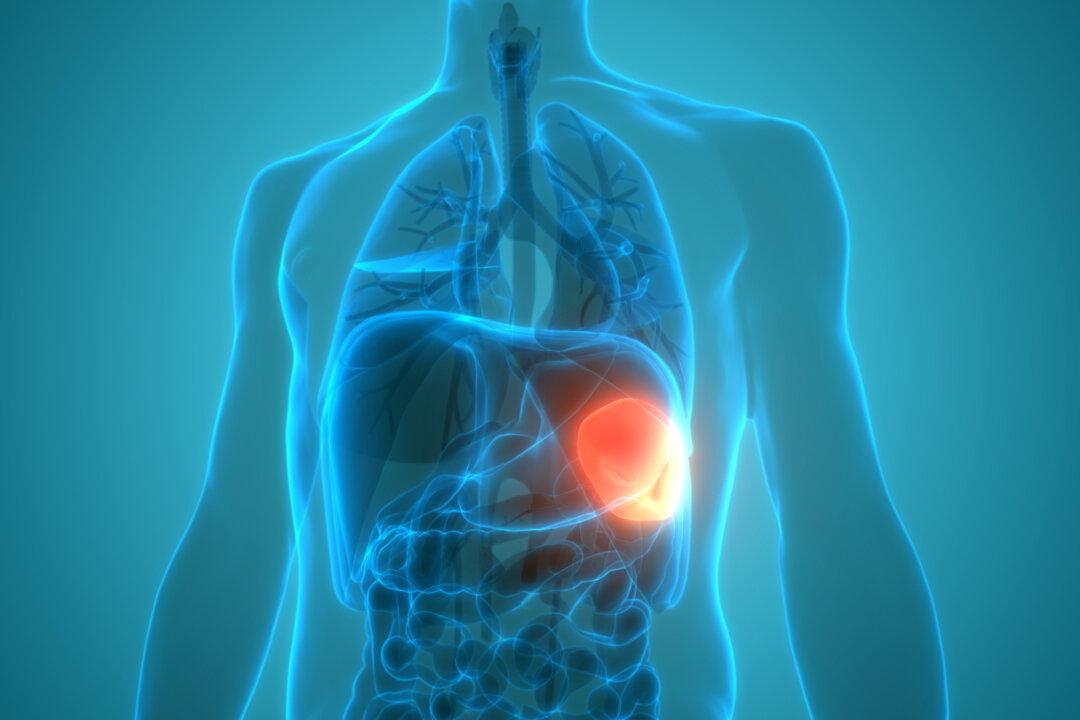An enlarged spleen – also known as splenomegaly – can lead to spleen pain and anemia. The spleen is part of the lymph system and works with the drainage network in order to prevent illness and keep us healthy. The spleen, although it protects us from illness, can get sick from numerous conditions, such as liver disease and even cancer. When the spleen falls ill from other conditions it becomes enlarged (splenomegaly).
Devon Andre holds a bachelor's in forensic science from the University of Windsor in Canada and a Juris Doctor from the University of Pittsburgh. Mr. Andre is a journalist for Bel Marra Health, which first published this article.
This article was originally published on www.belmarrahealth.com. Check out their Facebook page: https://www.facebook.com/BelMarra
Author’s Selected Articles





